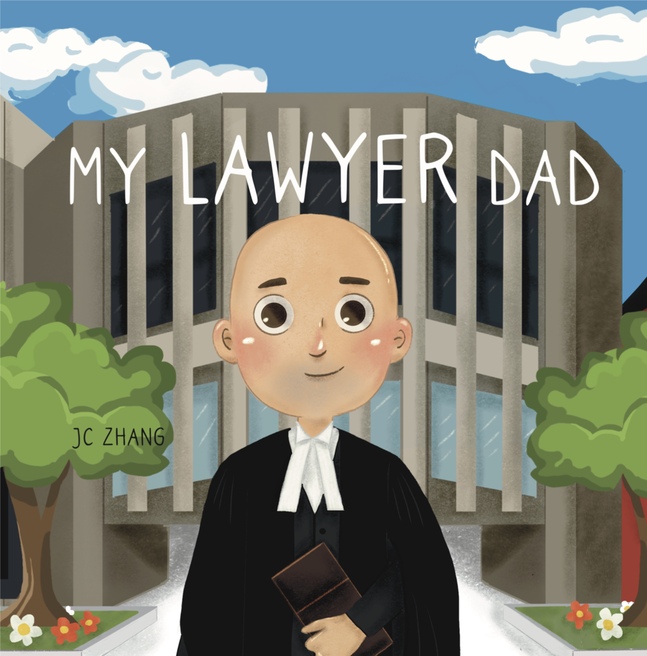Merry-Go-Round in Administrative Law
Omar Ha-Redeye was quoted in the Lawyer’s Daily in Federal Court of Appeal ruling focuses on ‘endless merry-go-round’ of reviews of benefits cases on Nov. 10, 2021, commenting on the Blue v. Canada (Attorney General), 2021 FCA 211 (CanLII),
In a ruling that cites the Supreme Court of Canada’s 2019 landmark decision clarifying the standard of review in administrative law cases, the Federal Court of Appeal held in a judgment delivered on Nov. 2 that a woman’s claim for a disability pension under the Canada Pension Plan (CPP) had experienced undue delay through the Social Security Tribunal.
…
Toronto civil litigator Omar Ha-Redeye said that Blue addresses access-to-justice issues. “This involved someone who suffers from very debilitating medical issues but those were not considered significant enough to justify a retroactive pension mainly because she didn’t initiate her application in time and obtain the required medical evidence,” said Ha-Redeye, who runs Fleet Street Law, a legal incubator in Toronto, and teaches at Ryerson University’s Lincoln Alexander School of Law.
According to the appellate court summary, evidence provided by a licensed psychologist who had been treating Blue since 2004, said that “Ms. Blue remained incapable of even contemplating medical involvement of any kind prior to May of 2016, unless she was facing an imminent and almost certain threat to her life … [and had] been consistently terrified at the prospect of anyone (especially organizations or systems of perceived authority) having detailed information about her psychological difficulties.”
…
Ha-Redeye said the ruling is “an important application” of Vavilov and “directly addresses the overwhelming issue before administrative tribunals even before the pandemic, of a high volume of cases and inadequate resources to address all of these claims.”
“The pressures on administrative tribunals are accentuated by a feature in administrative law that often allows claimants to engage in a number of different reviews, appeals and judicial discretion, which have developed over the years to promote and encourage procedural fairness,” he explained.“ However, the historic approaches to administrative law are no longer sustainable. Demands will only get worse in the post-pandemic world as administrative tribunals attempt to meet the backlog that has been created by disruptions in hearings. An increase in community needs will inevitably result in a sharp uptake in claims towards agencies and administrative tribunals generally.”
Having Blue’s case sent back to the appeal division another time would “tie up valuable resources that the tribunal could otherwise adjudicate and give pensions to other individuals seeking to have their claims heard for the first time,” said Ha-Redeye, who noted that there were well over 15 decisions before the Social Security Tribunal relating to Blue’s claim, some of them reported and some of them not reported.“ Some of these decisions and appeals include a denied request to extend time to file an appeal, which was sent back to the general division for reconsideration” in C. B. v Minister of Employment and Social Development 2015 SSTAD 80.“
This was truly a merry-go-round of a case,” Ha-Redeye said.
 Previous Post
Previous Post Next Post
Next Post